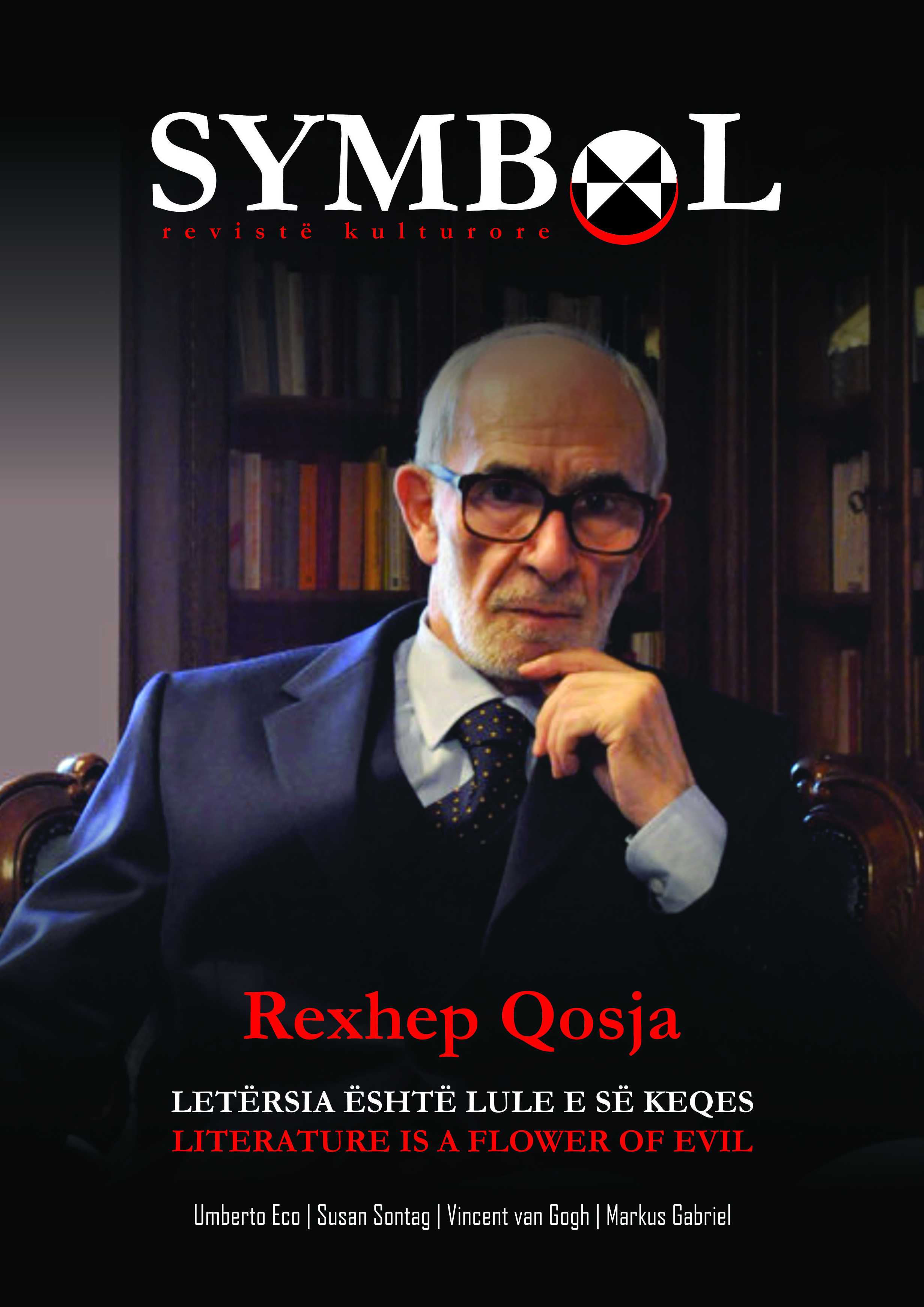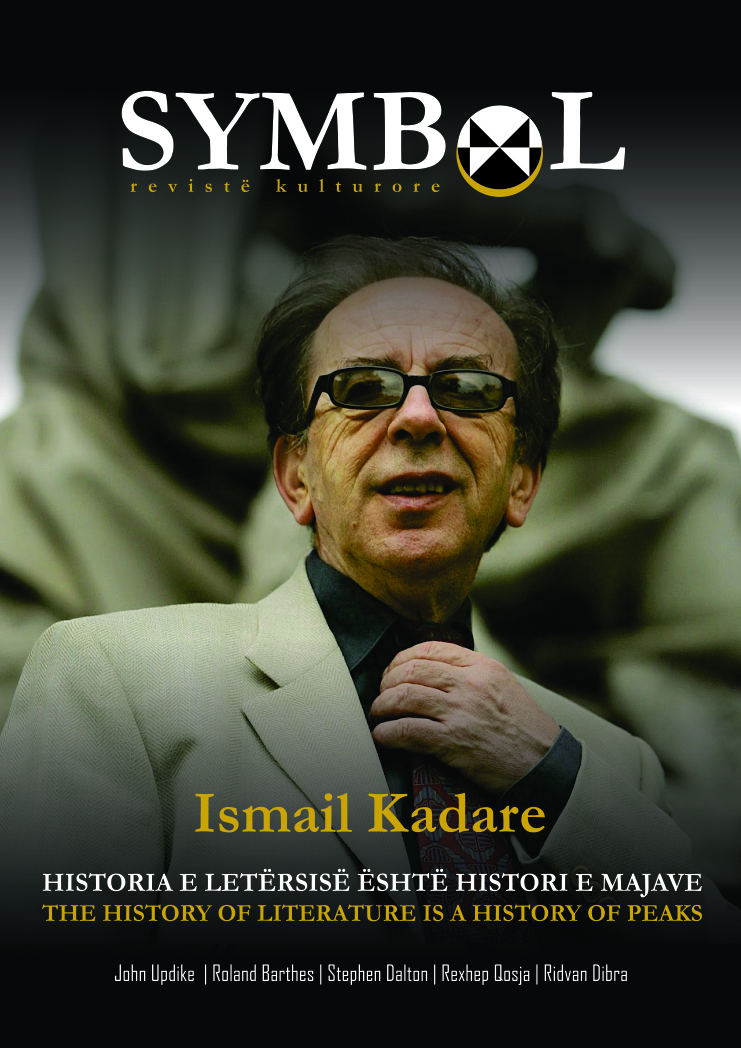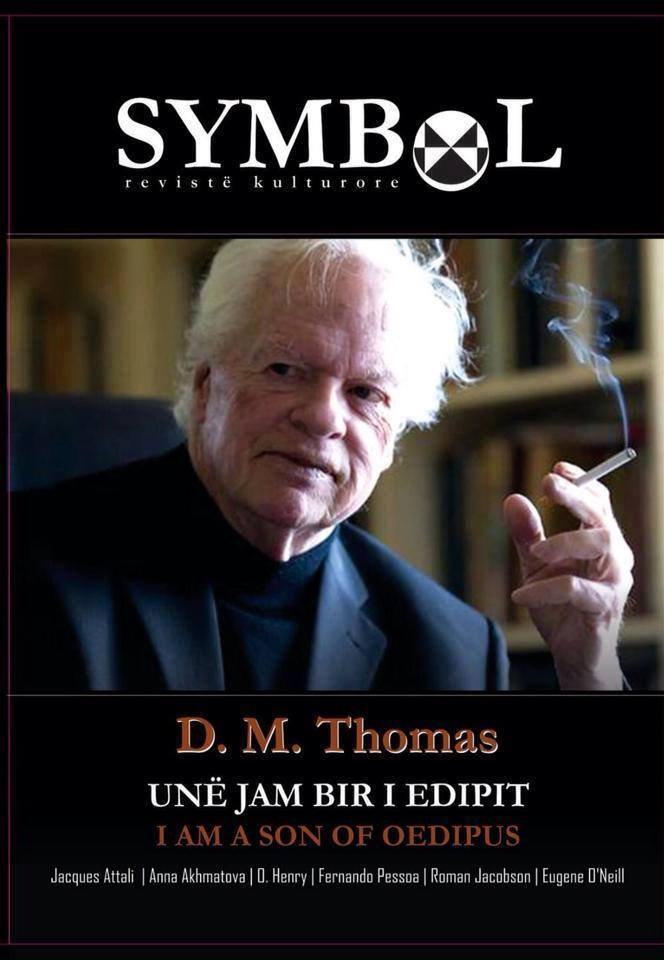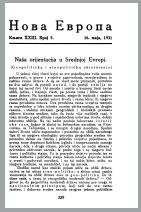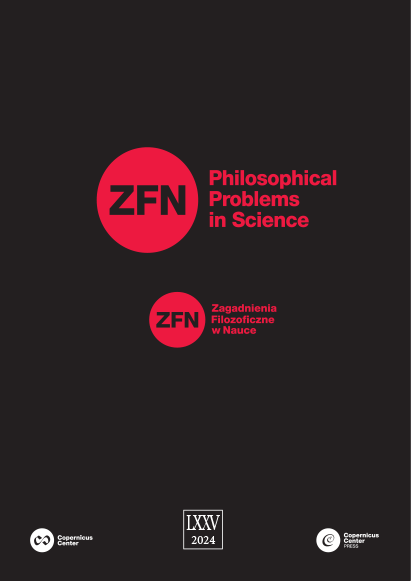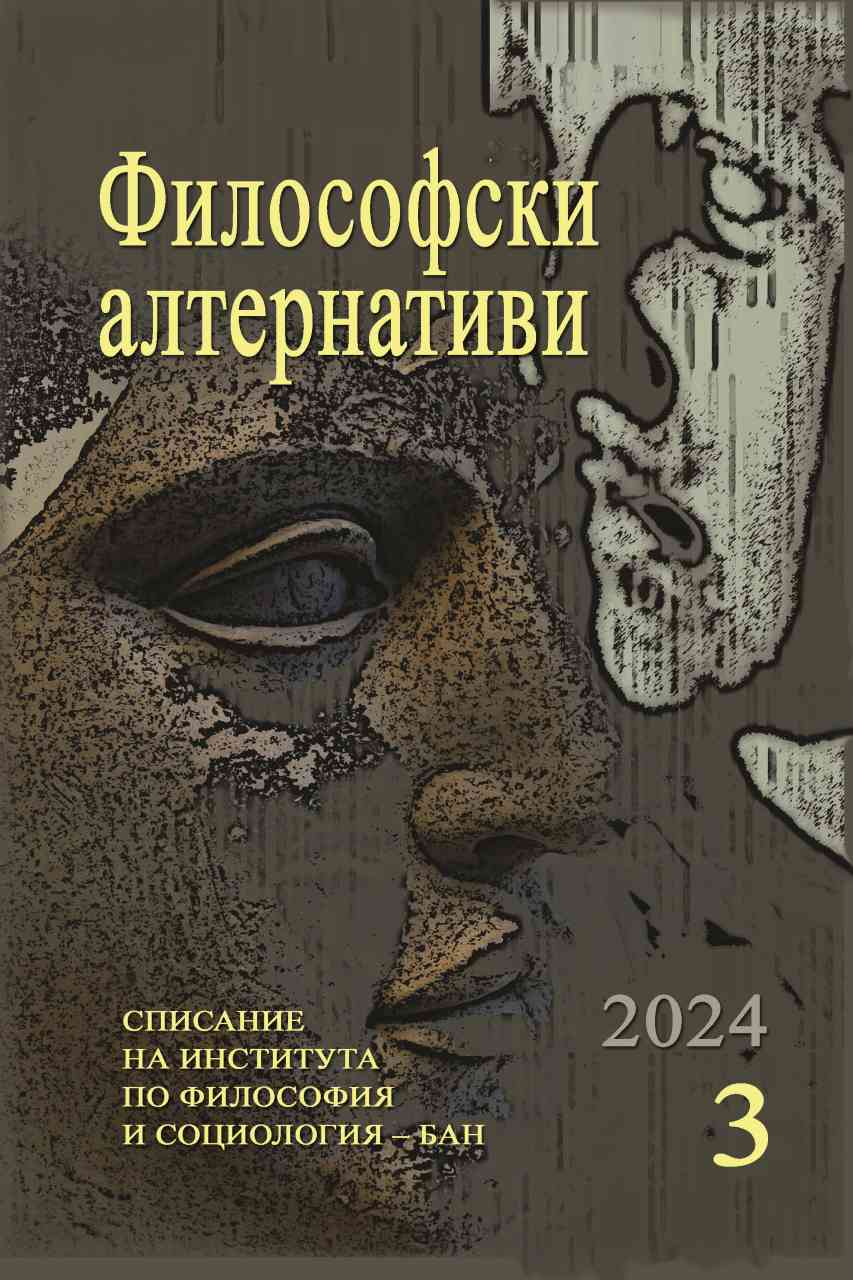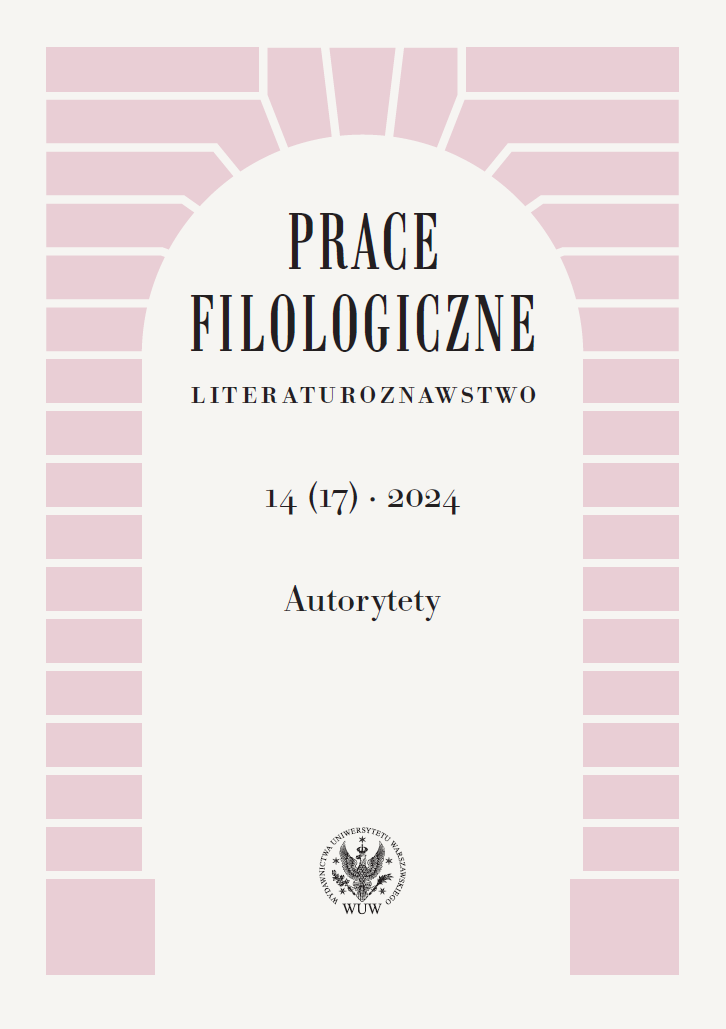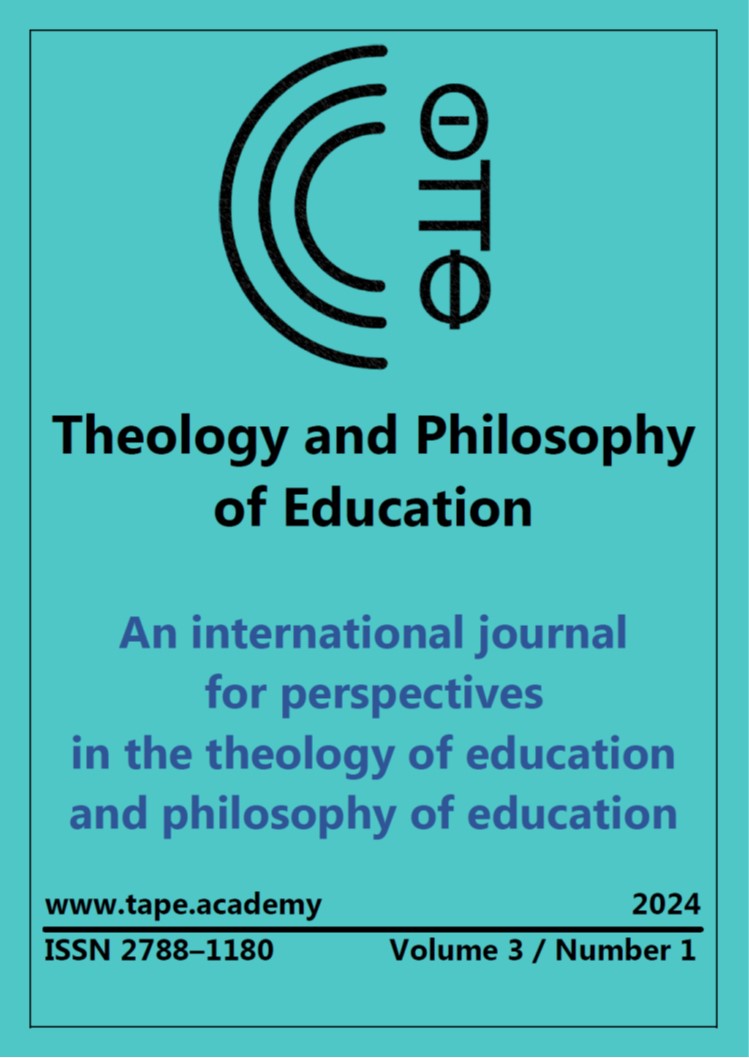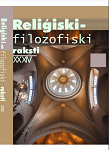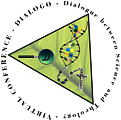Author(s): Andris Hiršs / Language(s): Latvian
Issue: 1/2023
Many famous philosophers visited Latvia during its first period of independence (1918–1940). In 1924, philosopher Oswald Arnold Gottfried Spengler (1880–1936) gave a speech in Riga about Western civilization. German philosopher Martin Heidegger (1889–1976) lectured in Riga in 1928. The same year, German psychologist and philosopher William Stern (1871–1938) conducted a series of lectures in Riga. Philosopher Rudolf Eucken (1846–1926) was one of the first influential philosophers to arrive in the newly founded country. The purpose of the article is to outline why the philosopher came to Latvia, which thinkers he met in Riga and Liepāja, and what were the consequences of Eucken’s visit. Although Eucken was a well-known philosopher, he is now regarded as one of the forgotten thinkers. However, during the last two decades, when interest in German thinkers of the late 19th century has grown, significant steps have also been taken to recognize and research Eucken’s legacy. Dr. Frank Kuhlemann, a professor at the Technical University of Dresden, led the project to examine how Eucken’s philosophy influenced the German intellectual environment of the first half of the 20th century. The research resulted in several academic publications. At the Friedrich Schiller University of Jena, Eucken’s archive was researched. Published research and archival materials provide insight into some aspects of Latvian intellectual history. Several Baltic Germans from Latvia and some Latvians were Eucken’s students; for example, one of the first Latvian philosophers Pēteris Zālīte (1864–1939). He wrote to his former professor when the University of Latvia was founded to seek assistance in recruiting professors. He also invited the philosopher to come to Riga and give a guest lecture. It appears, though, that the philosopher’s trip to Latvia was primarily driven by concerns with cultural policy. The official Erich Krahmer-Möllenberg (1882–1942), who wanted to increase German influence in Latvia, persuaded the philosopher to travel to Riga. Eucken delivered lectures in Riga and visited the University of Latvia, libraries, and schools. The philosopher met not only with Baltic Germans but also with professors at the University of Latvia. While meeting with Latvian scientists, he expressed hope that in the future, Baltic Germans and Latvians will be able to cooperate in the field of science. In Liepāja, the philosopher met with representatives of Freemasonry. Following his visit, the Eucken League (Euckenbund) opened a section in Riga. Did the relationship between Germans, Baltic Germans, and Latvians grow stronger because of Eucken’s visit? As noticed by the ambassador of Germany to Latvia, Adolf Köster (1883–1930), Latvians perceived the events organized by the Germans in Latvia as meant for the Baltic Germans. These events did not promote unity – on the contrary, they promoted division. Eucken’s visit was no exception.
More...
